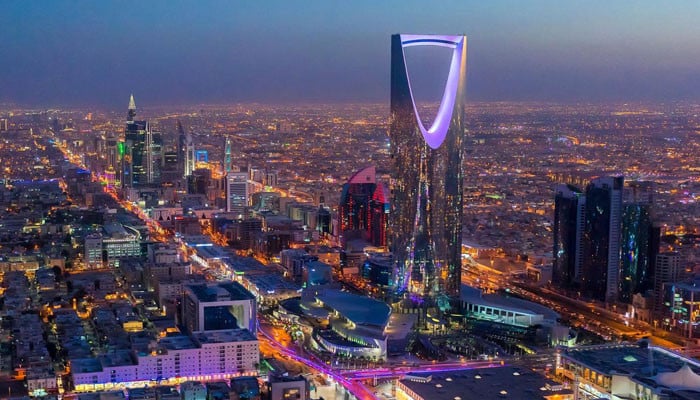Overcoming Three Major Challenges for Saudi Investment in Pakistan
Challenges and Progress in Seeking Massive Saudi Investments in Pakistan

Efforts are underway to attract investments ranging from $25 to $30 billion from Saudi Arabia into various sectors, including mining, refineries, and solar projects, in Pakistan. To make this substantial investment practical, Pakistan needs to address three significant challenges in Riyadh.
Under the supervision of the military establishment and the well-known Special Investment Facilitation Council (SIFC), Pakistan is working to eliminate obstacles in attracting investment.
Saudi Arabia has expressed interest in building a refinery in Hub or Gwadar, which would require an estimated investment of $10 to $12 billion in Pakistan. While Saudi Arabia has been discussing this project since 2019, it has not yet materialized.
One of the major concerns raised by Saudi Arabia pertains to its commitment in the context of the 18th constitutional amendment, which allows provinces a say in petroleum investments. Additionally, the incentives offered have not met Saudi Arabia’s expectations.
Despite these concerns, negotiations with Saudi Arabia have made progress, and the wait is for a formal signing and commencement of work on a mega project, which may potentially attract $10 to $12 billion in Hub.
Saudi Arabia has shown interest in the Rashakai Special Economic Zone (SEZ) project, aiming to secure 10% to 20% shares in it. Baluchistan government will jointly own 50% shares in the Rashakai project, while federal 1 would involve an investment of $4 billion and phase 2 would entail an investment of $3 billion.
Production is set to begin in the financial year 2027-28. The International Finance Corporation (IFC) will provide risk insurance for the completion of multi-billion-dollar projects.
However, the issue arises if the Pakistani government decides to sell its 10% to 20% shares (offload) in the Rashakai SEZ, it would also lose administrative control. Therefore, Islamabad is trying to negotiate equal shares from both sides – Islamabad and Beijing – so there is no issue of administrative control in this billion-dollar project.
